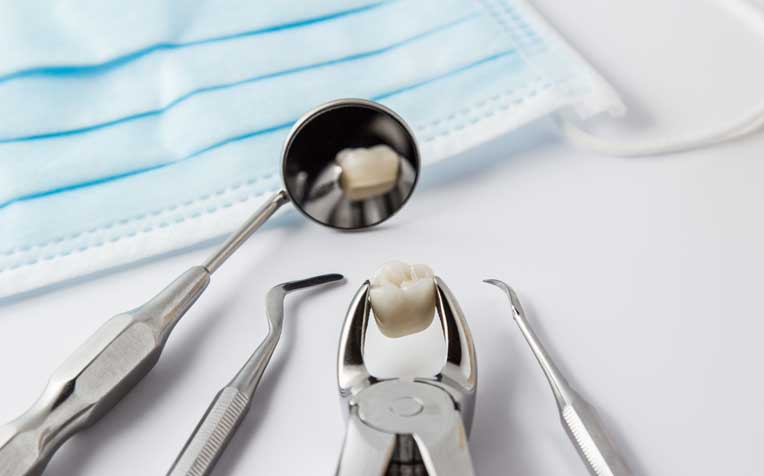
Wisdom teeth are the third last permanent molars.
Mention wisdom tooth surgery and people usually wince.
Many avoid seeing a dentist until the pain in their teeth becomes unbearable, but such delays can lead to complications.
Dr Leonardo Saigo, Consultant from the Department of Oral and Maxillofacial Surgery from National Dental Centre Singapore (NDCS), a member of the SingHealth group, shares, "We have seen patients who needed to be hospitalised because they procrastinated. An infection can develop, potentially compromising a patient’s airway and ability to swallow. People often wait till the last minute because they are afraid and unaware of problems an infected wisdom tooth can cause if not attended to."
When wisdom teeth become impacted
Wisdom teeth are also known as the third (rearmost) molars. We typically have four – two each in the upper and lower jaws, one on either side. They are associated with wisdom because they usually erupt between the later growing ages of 16 and 21.
Some studies suggest that wisdom teeth could once have been useful, when human jawbones were bigger and could accommodate their fully erupted size. But over the centuries, with a diet of softer, processed food, our jawbones gradually shrank – providing less space for teeth to grow. This has led to most wisdom teeth, especially those in the lower jaw, being impacted.
An impacted wisdom tooth does not grow in the right direction. "It could be partially or fully impacted, either with soft tissue or by parts of the jawbone. An X-ray will show how deeply the tooth is impacted, and the decay associated with it or the tooth besides it," advises the department.
Impacted wisdom teeth can lead to a slew of problems, including:
Gum infection
Tooth decay, and occasionally,
Formation of dental cysts
When a dental cyst develops and enlarges, it can cause pain in the jawbone and surrounding area, and at times even weaken the jawbone, causing a pathological fracture.
Surgery for wisdom teeth
Oral surgeons (dentists with specialty training in Oral & Maxillofacial Surgery, equipped with the skills and experience to remove impacted wisdom teeth) will consider all possible factors before recommending the removal of impacted wisdom teeth.
Surgery usually involves cutting the gums to expose the impacted tooth and the bone, dividing the impacted tooth, and then stitching up the gums.
Impacted wisdom teeth, accompanied by pain and other symptoms, occur mostly in young patients. But elderly patients with problematic wisdom teeth may sometimes need surgery as well.
"Older patients, especially those with pre-existing conditions like diabetes or hypertension, need to take into consideration the managing of their surgical and post-operative care. Also, they may have a slightly longer downtime to heal, compared to younger people," advised the department.
Watch the video!
How many to remove?
Dentists are frequently asked whether all four wisdom teeth, even unproblematic ones, should be removed while the patient is young to pre-empt future problems. On this, the department says, "This is a grey area which is debatable even among top experts, hence treatment needs to be tailored to the individual."
Ref: S13
Check out our other articles on oral care:
How to Choose the Right Toothbrush
Contributed by














 Get it on Google Play
Get it on Google Play